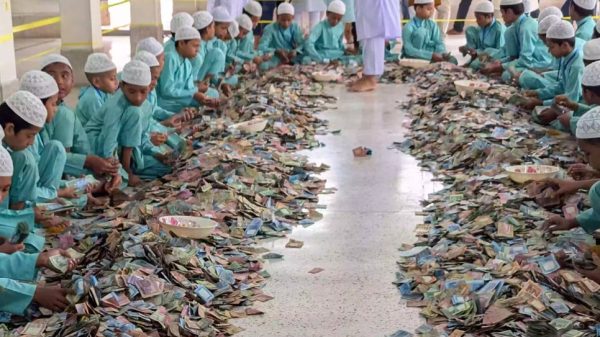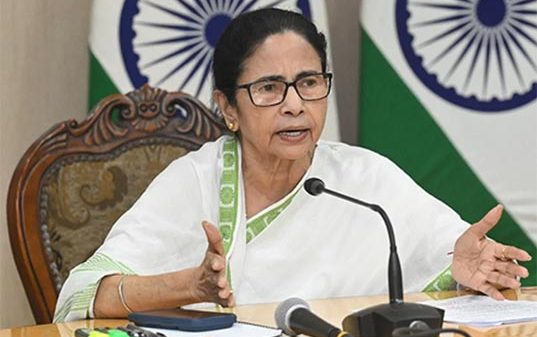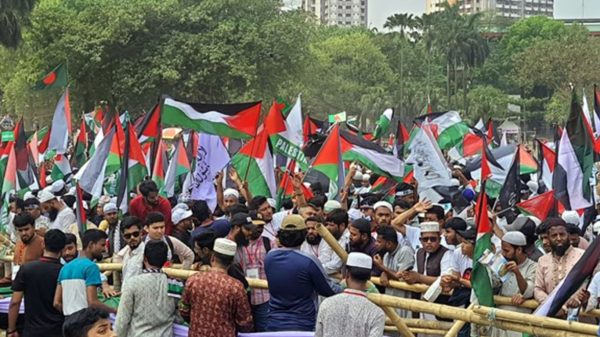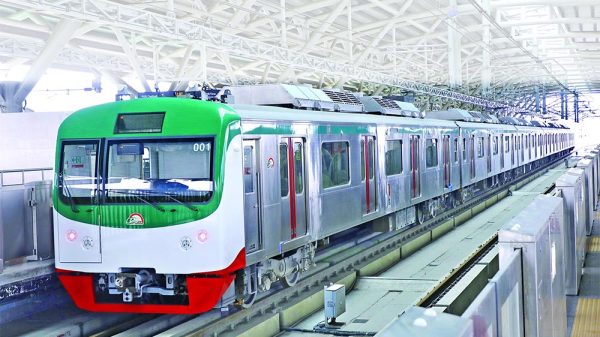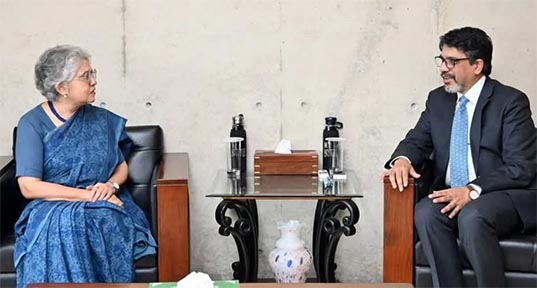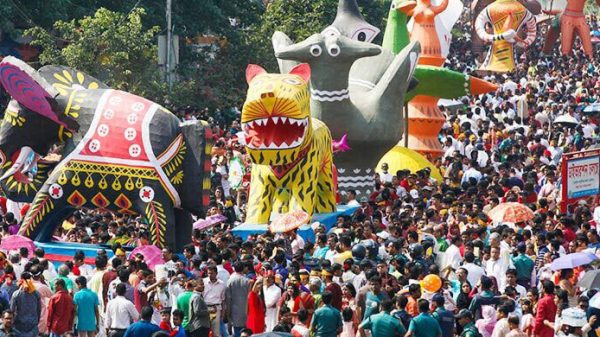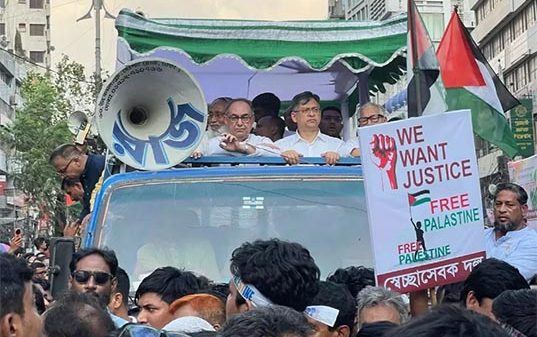Combatting Cancer: 2 in 3 patients die without treatment

- Update Time : Saturday, 4 February, 2023, 03:16 pm
- 225 Time View
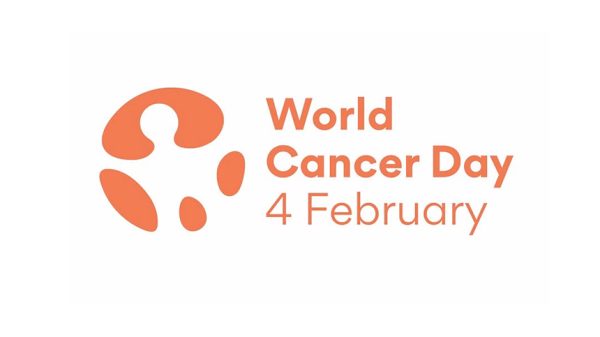
Online Desk: However, as luck would have it, after 18 days of failed admission attempts, he was forced to return home, where he died in agony the following month without palliative care, a type of medicare for lessening the pain of dying patients like him. Once a rickshaw-puller, Mozibor, lacked the means to stay in the capital city for an extended period of time in order to wait for a bed to become available at one of the very few cancer hospitals there. Hundreds of patients like him are rejected daily from the nine public hospitals in the country that offer cancer treatment, owing to dysfunctional radiotherapy machines and acute manpower crisis.
Meanwhile, a 20-year-old cancer patient from Munshiganj was admitted to the Health and Hope Hospital in Dhaka for basic care until he could be admitted to the Bangabandhu Sheikh Mujib Medical University (BSMMU) for radiotherapy. Since he was diagnosed with cancer in April last year, his family has spent around Tk 16 lakh so far. “Due to the shortage of treatment facilities, two-thirds of cancer patients die without treatment. The shortage of resources has made the situation worse for the patients,” said Dr Habibullah Talukder, executive director at the Centre for Cancer Epidemiology, Prevention and Research, Bangladesh.
To remedy the situation, in 2019, the authorities approved plans to build 100-bed cancer hospitals in each of the eight divisional headquarters. While this is a positive step, experts suggested the government prioritise improving existing cancer treatment facilities. “It is a step in the right direction, given the number of cancer patients who are denied treatment. But ensuring proper service and efficiency of the existing hospitals is more urgent,” Dr Habibullah, former professor at NICRH told The Daily Star yesterday. “The scarcity of cancer specialists is also a major concern. The total number of cancer specialists in the country will not exceed 300. Therefore, it is impossible to treat every cancer patient,” he added.
The NICRH, a 500-bed hospital, has staffers, including a hundred specialists, to serve only 150 patients at a time and this is a major reason behind the long lines of cancer patients at hospitals, he also added. Contacted, Dr MA Sabur, adjunct faculty at the health economic institute of Dhaka University, highlighted the need for undertaking a programme to meet the shortage of cancer specialists in the country. The three most common cancer treatments are surgery, chemotherapy, and radiotherapy. “Hospitals do not have medical experts for all three types of treatments. In fact, the same physician who provides chemotherapy often also does radiotherapy, while, general surgeons perform surgery on cancer patients. “We have to fill this gap,” he said.
While the total number of cancer patients in the country is unknown, it is estimated that there were around 157,000 new cancer patients in the country in 2020. Of them, 109,000 patients died, according to GLOBOCAN 2020, which provides global cancer statistics and estimates of incidence and mortality in 185 countries. The statistics seem to hold up, given that there are only 1,000 beds in all of the country’s 10 state-run cancer treatment facilities, half of which are at the NICRH. Of these facilities, NICRH, BSMMU, and Dhaka Medical College Hospital (DMCH) are located in the capital.
The rest are being operated as cancer units by seven medical college hospitals across the divisional cities of Chattogram, Rajshahi, Rangpur, Bogura, Sylhet, Barishal, and Khulna. The cancer unit at Mymensingh Medical College Hospital however is currently not in operation. What is even more shocking, is the fact that all of the aforesaid hospitals combined have only 17 radiotherapy machines, with only six of them currently in working condition. Of the dysfunctional radiotherapy machines, five are at the NICRH, two at the DMCH, and one each in the medical college hospitals in Chattogram, Mymensingh, and Rangpur.
Because of the higher treatment costs, very few cancer patients can afford treatment at the eight private facilities in the country. Speaking on the issue, Sheikh Daud Adnan, deputy director (hospitals and clinics) at the DGHS, said, “Reinstalling radiotherapy machines requires a lengthy procedure and appointing new manpower is not easy. So a gap has been created in recent years.”

